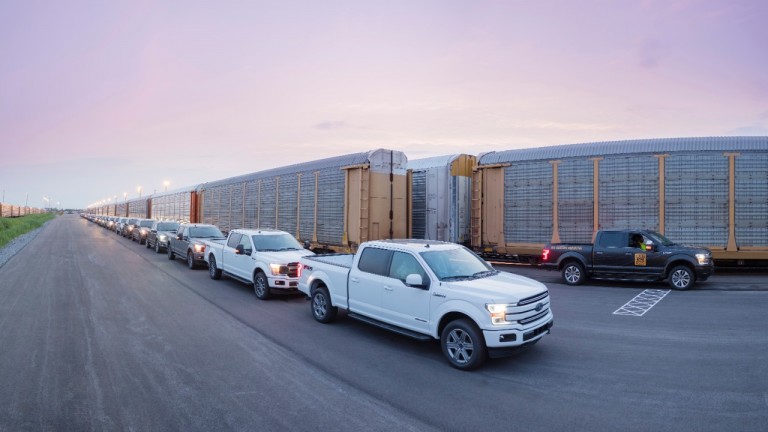US antitrust regulators are investigating four automakers. Their allegedly collusive behavior: striking a deal with California to build more fuel-efficient vehicles.
Umm … what? In July, California agreed to let BMW, Ford, Honda, and Volkswagen keep selling their vehicles in the state if they boosted their average fuel efficiency to 50 miles per gallon by 2026. The Justice Department wants to know whether this deal may “artificially limit the types of cars and trucks the auto companies offer to consumers,” according to the Wall Street Journal, which first reported the news.
Is that anticompetitive behavior? No, says David Hart, a science policy professor at George Mason University. The intent of antitrust laws is to prevent monopolies and cartels. It’s not to block regulations that could drive innovation and cut climate emissions.
Just ask the doubter-in-chief: As Stanford legal scholar Michael Wara pointed out on Twitter, an antitrust probe presupposes that abiding by stricter environmental standards could give companies an advantage. Yet President Trump himself has called fuel economy standards “industry-killing regulations,” Wara noted.
So what’s going on? The Trump administration has been trying to roll back Obama-era standards and hold average fuel economy at 37 miles per gallon. It’s also trying to rescind California’s long-standing ability to set its own fuel economy rules, which have typically lifted standards across the industry because automakers don’t want to build different cars for different markets.
None of that should be cause for an antitrust investigation, though. Under decades-old norms for protecting its independence, the Justice Department doesn’t take direct orders from the president. A source told the Journal the DOJ “is acting on its own accord and without direction from or coordination with the White House.”
Yeah, right. Hart said on Twitter that it appeared the White House was “weaponizing law enforcement.” He told MIT Technology Review he doesn’t know for a fact that the White House’s political goals drove the decision to investigate, “but it's hard on the face of it to see another interpretation.”

